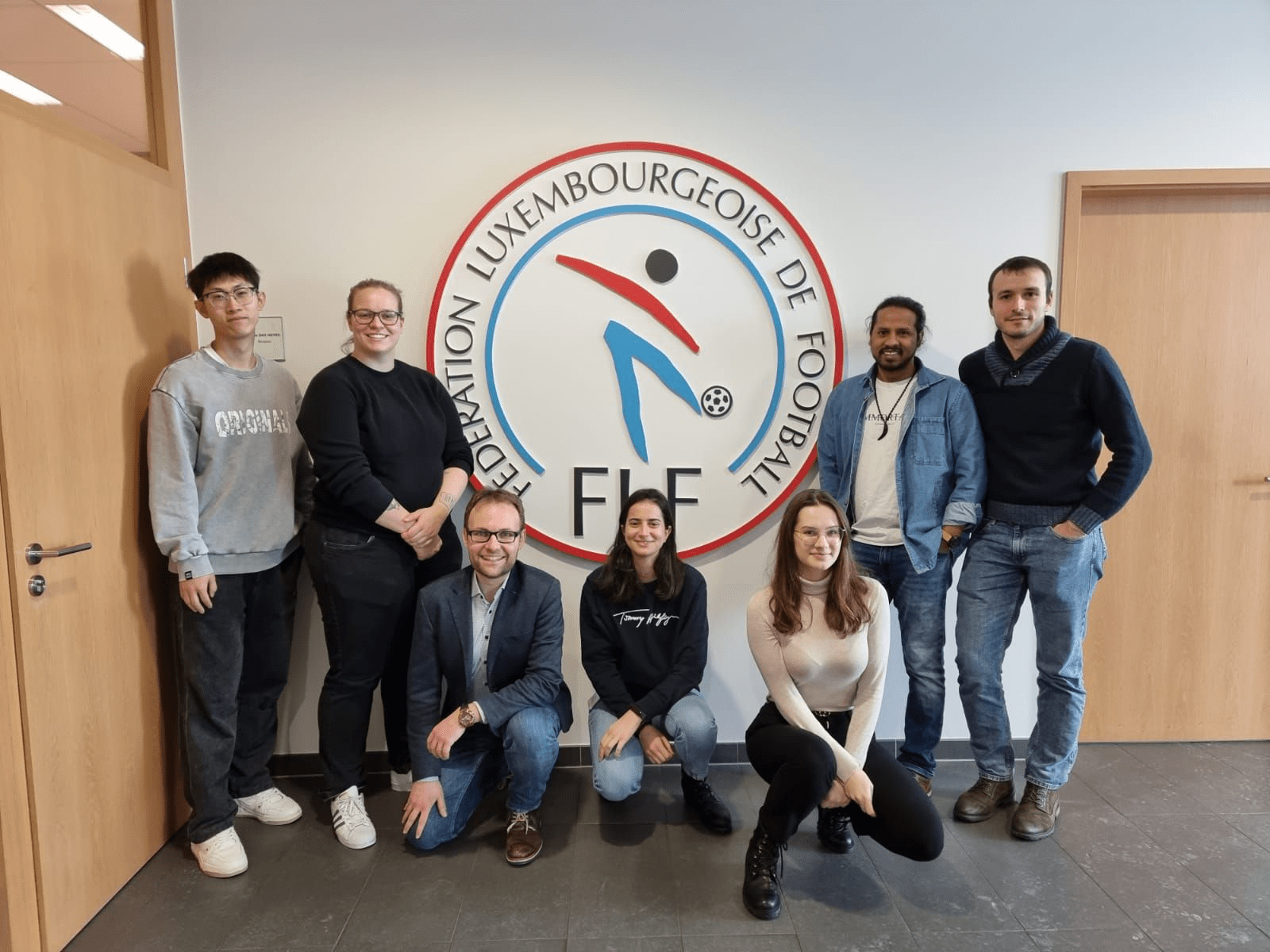First developed in 2018 by Professor Christophe Ley, this innovative approach to machine learning is making waves far beyond the lab. By blending statistical insights with machine learning models, Statistically Enhanced Learning (SEL) unlocks new predictive power. Let’s check in on how this brainchild is growing up.
From sports to… horses
Initially making headlines with its accurate predictions in sports, thanks to the work of Prof. Christophe Ley and his PhD student Florian Felice, SEL’s versatility is now shining in additional fields.
Sports medicine
SEL will be used for a new project called PERFORM, aiming to study the Luxembourg female football national team. One of the main goals is to make predictions about performance and injury risk while investigating the effects of stress exposure on Mental Health. The powers of SEL will be exploited to integrate physiological and psychological stress markers in the prediction of mental health outcomes in professionals working in high-stress contexts. PhD student Gabriella Vinco, Prof. Robert Kumsta, and Prof. Christophe Ley are leading this project.
Veterinary medicine
Researchers are now implementing SEL into their work to predict health risks in horses at a sanctuary in Austria. To do so, they combine diverse datasets to assess the well-being of these animals. PhD candidate Katarzyna Szczerba, Prof. Christophe Ley, in collaboration with Information Technology for Translational Medicine led by Dr. Andreas Kremer, are currently collaborating on this project with the research team of the University of Veterinary Medicine: Prof. Florien Jenner, Dr. Ulrike Auer, and PhD students Zsofia Kelemen and Laura Torres Borda.
An innovative approach: AI-informed statistical models
One of the most exciting developments is the creation of AI-informed statistical models.
‟ SEL uses statistical modelling techniques to enhance feature engineering by covariates that are statistical estimates, and this approach improves any learning algorithm.”

Associate Professor in Applied Mathematics and Statistics, University of Luxembourg
Numbers don’t lie: accuracy on the rise
The results speak for themselves: SEL consistently improves the accuracy of existing machine learning algorithms, including complex neural networks. In one experiment, conducted by Florian Felice, a random forest model saw a 20% accuracy boost in handball predictions thanks to SEL. The new AI-informed Cox model is outperforming both standalone machine learning and traditional statistical models.
The reasons behind SEL’s success
Looking ahead, researchers at the University of Luxembourg are tackling a fundamental question: Why does SEL work so well? To explain how incorporating statistical estimates impacts the reliability and convergence of machine learning algorithms, they’re seeking a formal mathematical proof. Professor Christophe Ley is particularly interested in determining how the inherent uncertainty associated with statistical estimates affects the existing convergence properties of machine learning algorithms, such as random fores.
From its origins in sports forecasting to its expanding role in a wide range of important fields, Statistically Enhanced Learning is proving its mettle. Keep an eye on this innovation – it’s changing the game in machine learning.

Publications
More information
Prof. Christophe Ley leads the research group Modelling, Interdisciplinary Research, Data Science, Applied Mathematics and Statistics within the Department of Mathematics.
-

Modelling, Interdisciplinary Research, Data Science, Applied Mathematics and Statistics
